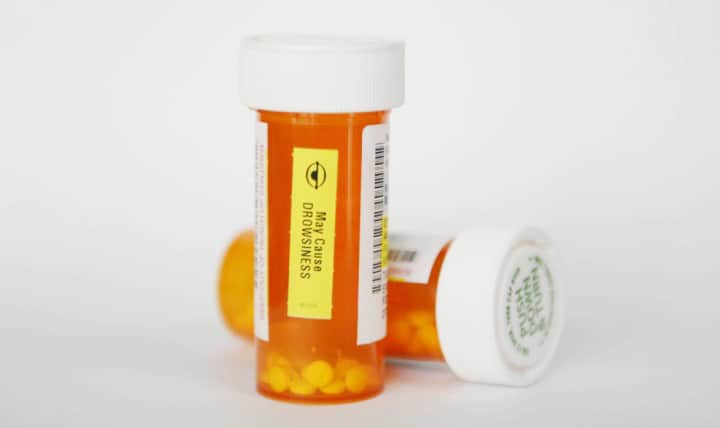
FDA green lights first non-opioid therapy to manage symptoms of opioid withdrawal
pharmafile | May 17, 2018 | News story | Sales and Marketing | FDA, Lucemyra, opioid crisis, opioids, pharma
As the opioid epidemic continues to grip the US as the leading cause of deaths in those under the age of 50, the FDA has made an important leap with the approval of Lucemyra (lofexidine hydrochloride) for managing the symptoms of opioid withdrawal in adult patients – the first non-opioid therapy for this purpose.
While this is an important step forward, the therapy is not a cure-all solution and is not guaranteed to prevent withdrawal symptoms and may only lessen their severity, and is only approved for use for up to 14 days. These symptoms can include anxiety, muscle aches, agitation, sweating, nausea, vomiting, problems sleeping and drug cravings, which can occur both in patients with opioid use disorder and in those using the drugs as directed by a medical professionals.
An oral, selective alpha 2-adrenergic receptor agonist, Lucemyra works by reducing the release of norepinephrine, which is thought to be a key element in the symptoms of opioid withdrawal. The regulator’s decision was based on two trials of 866 patients who met the Diagnostic and Statistical Manual-IV criteria for opioid dependence who were physically dependent on opioids and undergoing abrupt opioid discontinuation. In these trials, it was found that patients taking Lucemyra reported lower severity of withdrawal symptoms according to the Short Opiate Withdrawal Scale of Gossop.
The fast-tracked decision comes off the back of a positive opinion in March from an independent FDA advisory committee. The regulator also specified that it requires 15 postmarketing studies to be conducted to support the drug’s longer-term use.
“As part of our commitment to support patients struggling with addiction, we’re dedicated to encouraging innovative approaches to help mitigate the physiological challenges presented when patients discontinue opioids,” said FDA Commissioner Scott Gottlieb. “We’re developing new guidance to help accelerate the development of better treatments, including those that help manage opioid withdrawal symptoms. We know that the physical symptoms of opioid withdrawal can be one of the biggest barriers for patients seeking help and ultimately overcoming addiction. The fear of experiencing withdrawal symptoms often prevents those suffering from opioid addiction from seeking help. And those who seek assistance may relapse due to continued withdrawal symptoms. The FDA will continue to encourage the innovation and development of therapies to help those suffering from opioid addiction transition to lives of sobriety, as well as address the unfortunate stigma that’s sometimes associated with the use of medication-assisted treatments.”
Matt Fellows
Related Content

Roche’s Alecensa approved by FDA as lung cancer treatment
Roche has announced that the US Food and Drug Administration (FDA) has approved Alecensa (alectinib) …

GSK’s meningococcal vaccine candidate accepted for FDA review
GSK has announced that the US Food and Drug Administration (FDA) has accepted for review …

FDA grants ODD to Candel Therapeutics’ pancreatic cancer treatment
Candel Therapeutics has announced that the US Food and Drug Administration (FDA) has granted Orphan …







